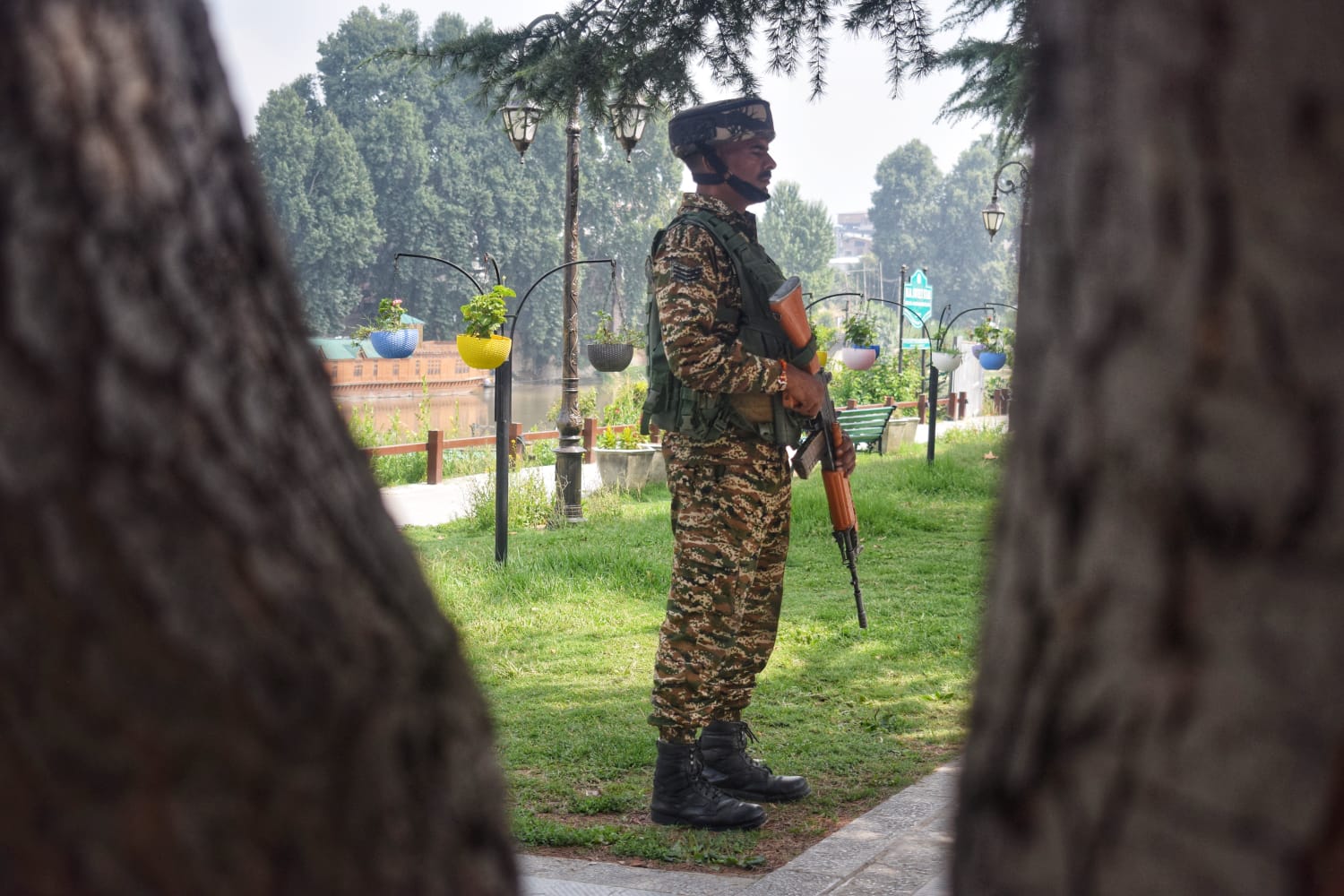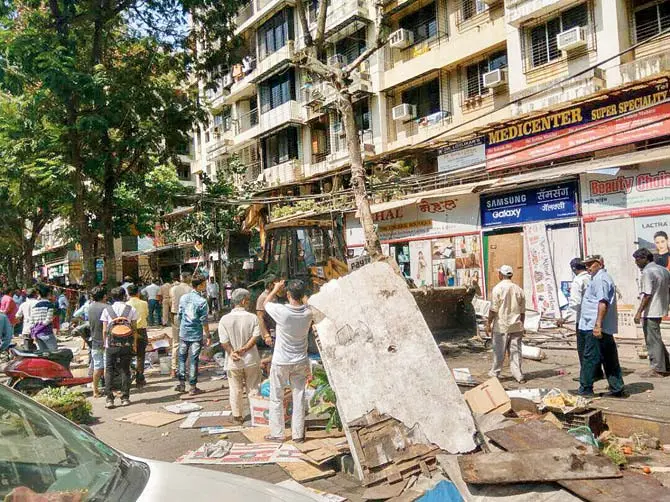Srinagar, Jammu And Kashmir: The morning air was cold and crisp in Srinagar as there was something in the air – a whiff of something with a flare of hope, as Kashmir gears up for the coming assembly elections.
Political dynamics were at play: the previous assembly elections had been 10 years prior, and the abrogation of Article 370, which accorded special autonomy to Jammu and Kashmir, had occurred just five years previous, in 2019, by the Indian government.
Many feared, though, for the unique identity and aspirations of the Kashmiri people within this new political setting.
These years were turbulent through protests, curfews, and the very air being laced with the uncertainty that hung like a dark cloud over the valley. Many feared, though, for the unique identity and aspirations of the Kashmiri people within this new political setting.
While the first phase of the elections will be held on September 18, the second one would be conducted on September 25, and the third and final one on October 1. The votes would be counted on October 4. Jammu and Kashmir has 8.709 million voters across 90 constituencies, which contain 4.26 million women, as highlighted by the Election Commission.
It was now, with the announcement of the assembly elections after a decade of wait that a renewed sense of purpose and anticipation was brought into the valley. For many, this seemed the very first real chance to come up with their grievances and aspirations in a way that could actually matter.
Whispers at the tea shop
In the heart of Srinagar, the capital of Jammu and Kashmir, there was an old tea shop resonating with animated chatter. The place was full of local people, debating wild thoughts on the upcoming elections. Mukhtar Ahmed, a middle-aged man with salt-and-pepper whiskers, sat drinking his tea, listening thoughtfully to the heated arguments going on around him.
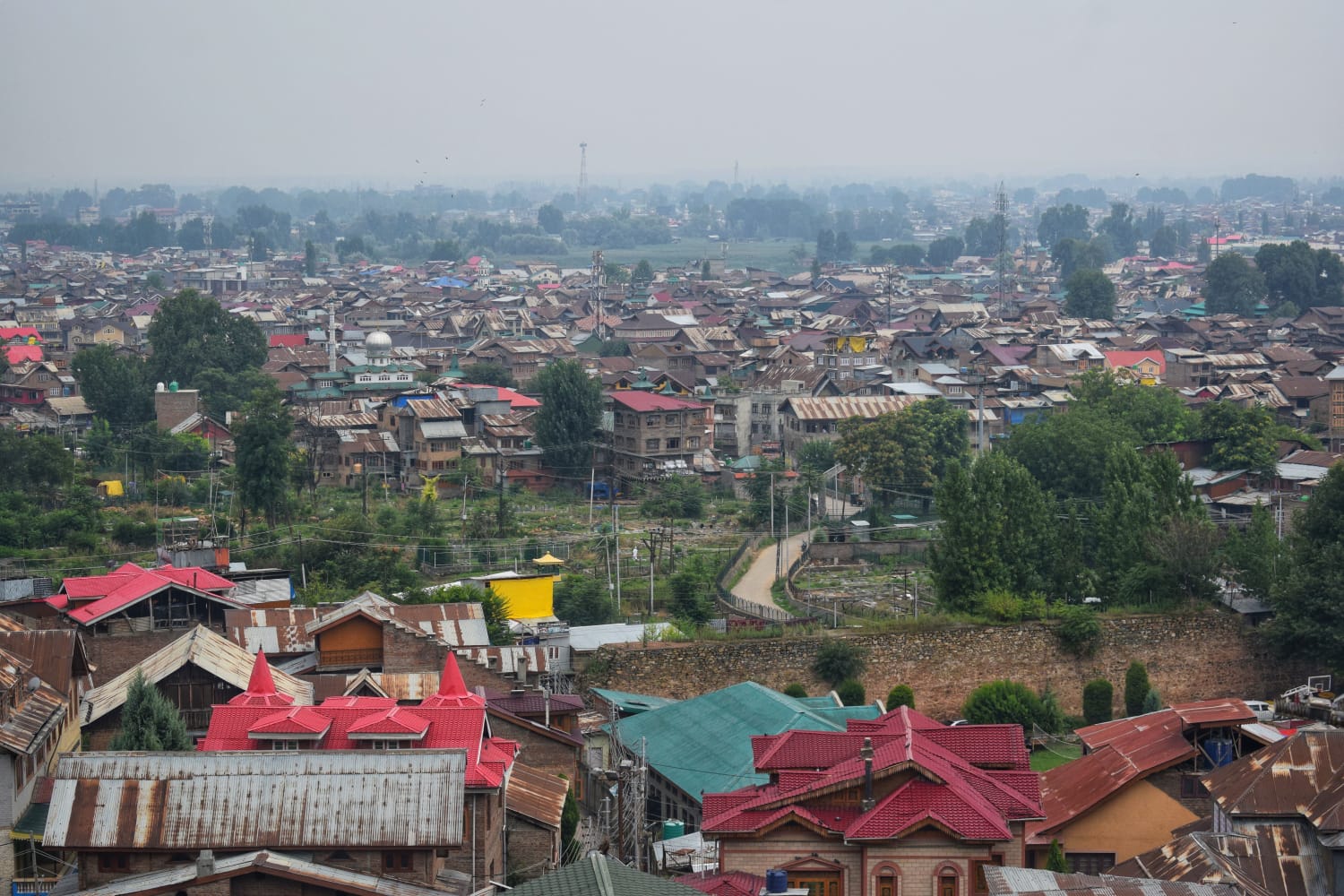
‘Finally we get a chance to choose our leaders again,‘ Mukhtar said, breaking his silence. In that quiet voice were the years of unsaid thoughts. ‘But the question is, will they listen? Will they address the real issues?‘
‘These elections are heading in the right direction, but we are looking for our leaders to understand the realities on the ground and we are looking for people to represent us that are going to fight for our basic needs: employment; education; health; and preservation of our culture,‘ he said.
The past decade had brought some development to Kashmir, but basic needs were still far from being met. The rate of unemployment was at an alarming level, particularly with regard to the youth. Though educationally, too, infrastructure had improved a lot, quality and access to it, especially in rural areas, was very low. Though health facilities had been increased, in many areas, it was still not up to the mark, and a majority of the people in the valley still travelled long for specialised treatment.
‘We don’t only want jobs. We want future-building opportunities here in our land. We want to be a part of the decision-making process,’ said Shaziya, 32, from Srinagar’s Hawal area.
Though health facilities had been increased, in many areas, it was still not up to the mark, and a majority of the people in the valley still travelled long for specialised treatment.
‘We want leaders who will focus on economic development, not just through government jobs but by fostering entrepreneurship and creating an environment conducive to the growth of the private sector‘ she said.
Local perspective on the Kashmir elections
Speaking about the essence of Kashmir and some of its most turbulent times, 68-year-old Bashir from Bemina in Srinagar commented. Bashir spoke with a soft voice but had a touch of wisdom: ‘Kashmir has always been a place with such beauty and potential; only we have been at the receiving end of someone’s belligerence and political instability. These elections will set us on the road to progress, but we must make good choices. What we need is a leader who will solve our basic problems, but at the same time one who will preserve our identity and heritage for us.‘
The audience could resonate with the words of Bashir. While the abrogation of Article 370 changed the political scenario in Kashmir, it had not altered anything regarding the people’s identity. Preserving their cultural heritage and language, their traditions—all these things remained important in the minds of many Kashmiris, who often feared that in this new political set-up, these were things that might get eroded.
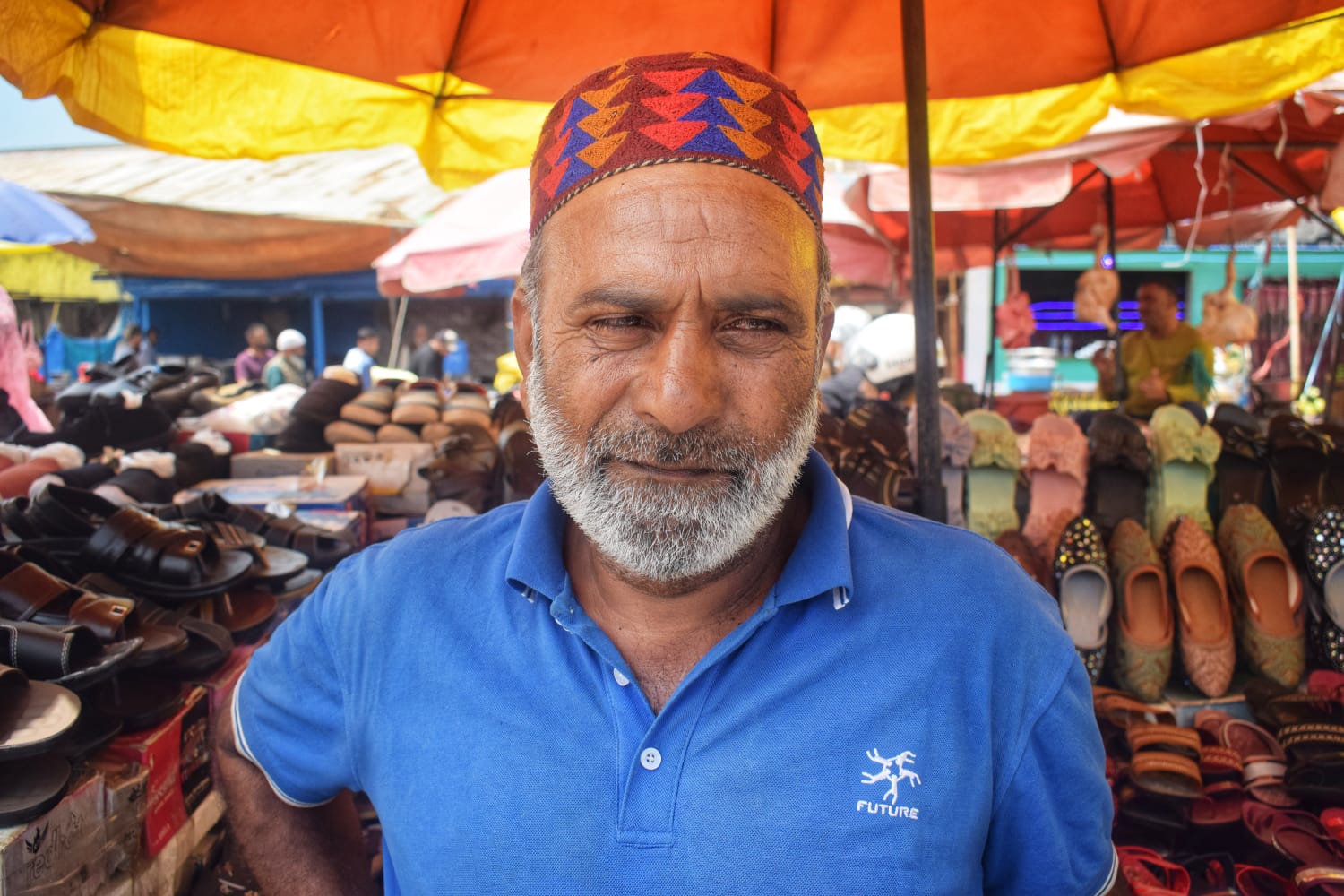
In the rural areas of Kashmir, this sentiment was also shared, mixed with a tint of apprehension added to it. People here faced more difficulty in the availability of even basic services. The roads were mostly bad, thus serving as a potent barrier toward the movement of goods and people, especially during harsh winter months. Health care was overstretched at all times, and schools generally had low resources. For such communities, elections represent an opportunity for development in the sense that life could largely change in physical, tangible terms.
In a small, picturesque village in the heart of Kashmir, Ali Ahmed sat on the steps of his small home, sipping kahwa as the sun began to dip behind the snow-capped peaks. Talks of the impending elections to the assembly reverberated through the air as neighbours thronged with their faces variegated with hope and scepticism.
The 55-year-old from Chattabal in Srinagar, with the deep, expressive eyes, spoke softly but forcefully. ‘We are happy that elections are going to be held,’ he began. ‘For years, our voices have been stilled, and this gives us a chance to speak again, to choose leaders who might listen to us‘.
He continued, with a somewhat sober tone, ‘But, we are not naive. We know that no matter who we elect, nobody will truly do anything for us. We’ve seen promises come and go, like the seasons. They come here, speak of change, of progress but once the votes are counted, we are forgotten.’
Shakeel added further, ‘All the promises of the BJP were fake. They spoke of progress, of bringing prosperity to our valley, but take a look around. Where is the change? Our youth still continue to struggle with the same old employment issue, our roads are still broken, and the only thing that grows are our frustrations.‘
A third-year political science student, Kamran said, ‘This time we need politicians who really are going to listen to us.’
He paused a bit, to let his words sink in. ‘It is not about the BJP alone,’ Shakeel added, ‘but about all parties that have come here, made their speeches, and left us to fend for ourselves. We need leaders who will see us, hear us, and not just use us for their gain.’
A third-year political science student, Kamran said, ‘This time we need politicians who really are going to listen to us.’
‘So many students from Kashmir will be passing out very soon, but then what? Where are the opportunities? We have worked hard, after all, but if there are no jobs, what for?‘ Then he paused and added, ‘And scholarships too. Education should not be a luxury, but for many, it still is. More support should be given to students like us who want to learn and grow.’
‘We are the future, and they can keep ignoring us. If our politicians don’t start listening to what we really need—good jobs, better education, and a voice in decisions affecting us—then they will lose our support. We are not only voters but students, the youth, and we can make a difference if we come together,‘ he said.
Farooq Ahmed sat outside his small grocery shop, in the narrow lanes of Srinagar – sprawling like veins through the old city – watching the people passing by in a constant flow. The town was abuzz with the assembly elections that were to take place soon, and just like always, he had his opinions.
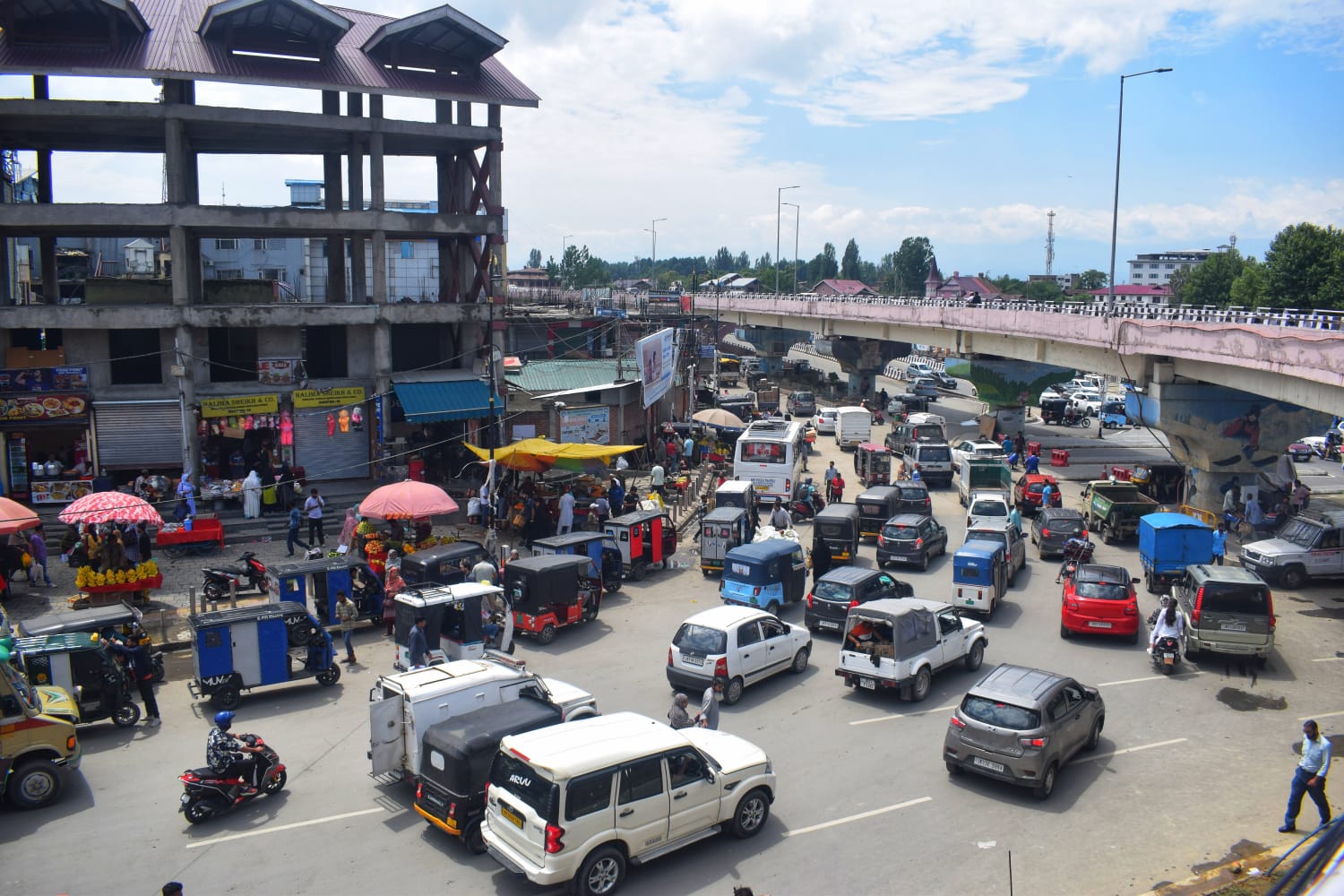
‘It doesn’t matter who we vote for if they don’t understand our real problems. The first thing our elected leaders should focus on is the basics—electricity, water, and ration‘ said Farooq Ahmed
‘We are still subject to daily energy cuts. How do we expect to conduct any business, let alone live, with such unreliable electricity? Water? Sometimes we go days without a proper supply. How can we ever expect to prosper if these simple necessities are beyond our reach?‘ said Farooq.
‘And ration,’ Farooq went on, his voice firm now. ‘Food prices are going up. Too many families can’t afford to eat. We need our leaders to make sure that the basic things people need are in everyone’s reach. These are not luxuries. These are our rights.’
Farooq said: ‘It does not matter big claims or high claims and does not matter speech or sub-speech, but whoever can see to our basic needs first. We have been suffering enough at their hands—leaders who make big promises and, after getting into power, forget about the people. This time around, we want someone who sees our issues—electricity, water, and ration—as the priority issues.’
As days passed and the day of election drew near, the atmosphere in Kashmir became charged with anticipation. On the political front, it was a scenario of multitude—different parties vied for control and the promise of alleviating the sufferings of people. But the electorate was not ready to be easily convinced. They had seen promises come and go; this time, they were firm on making their leaders responsible.
State BJP leader Dr. Nirmal Singh said the party is highly prepared by all means, and there is a strong list of candidates in the clear roadmap. ‘We are hopeful to grab maximum seats and will form a stable government to accelerate the development and prosperity in Jammu and Kashmir,’ he said.
When Rahul Gandhi and Mallikarjun Kharge reached Kashmir, there was a certain anticipation and hope in excess among supporters.
When Rahul Gandhi and Mallikarjun Kharge reached Kashmir, there was a certain anticipation and hope in excess among supporters.
The Congress veteran and now party president by default, Mallikarjun Kharge, stood by his side in a show of the united face of the party. The two finally addressed an awaiting press.
‘We are here not only as political leaders today but also as citizens who know how deep the wounds on this land are,‘ Rahul began. ‘Abrogation of Article 370 and downgrading Jammu and Kashmir into a Union Territory were not some administrative decisions; they were a blow given to the identity, autonomy, and aspirations of the people residing here.’
The pledge that reverberated across the valley ran thus: ‘We will bring back statehood to Jammu and Kashmir.‘
Kashmir faces rising unemployment amidst education and development challenges
Kashmir is grappling with an alarming rise in unemployment, particularly among its educated youth, as the region continues to struggle with economic stagnation and underdevelopment. Despite significant efforts in improving educational access, job opportunities remain scarce, pushing many young graduates into a state of frustration and uncertainty.
According to the Mood of the Nation survey held by India Today Group, a substantial 66% of J-K residents find it increasingly difficult to manage their expenses compared to the previous year. This rise in financial pressure is linked to broader economic challenges in the region.
The survey identifies unemployment as a major concern, with 47% of respondents viewing it as the most critical issue. This reflects widespread anxiety over job scarcity, particularly among educated youth.
The survey also highlights that 38% of respondents have experienced a decline in their income over the past year, accompanied by rising expenses. This combination of lower income and higher costs points to significant financial stress for many households in J-K.
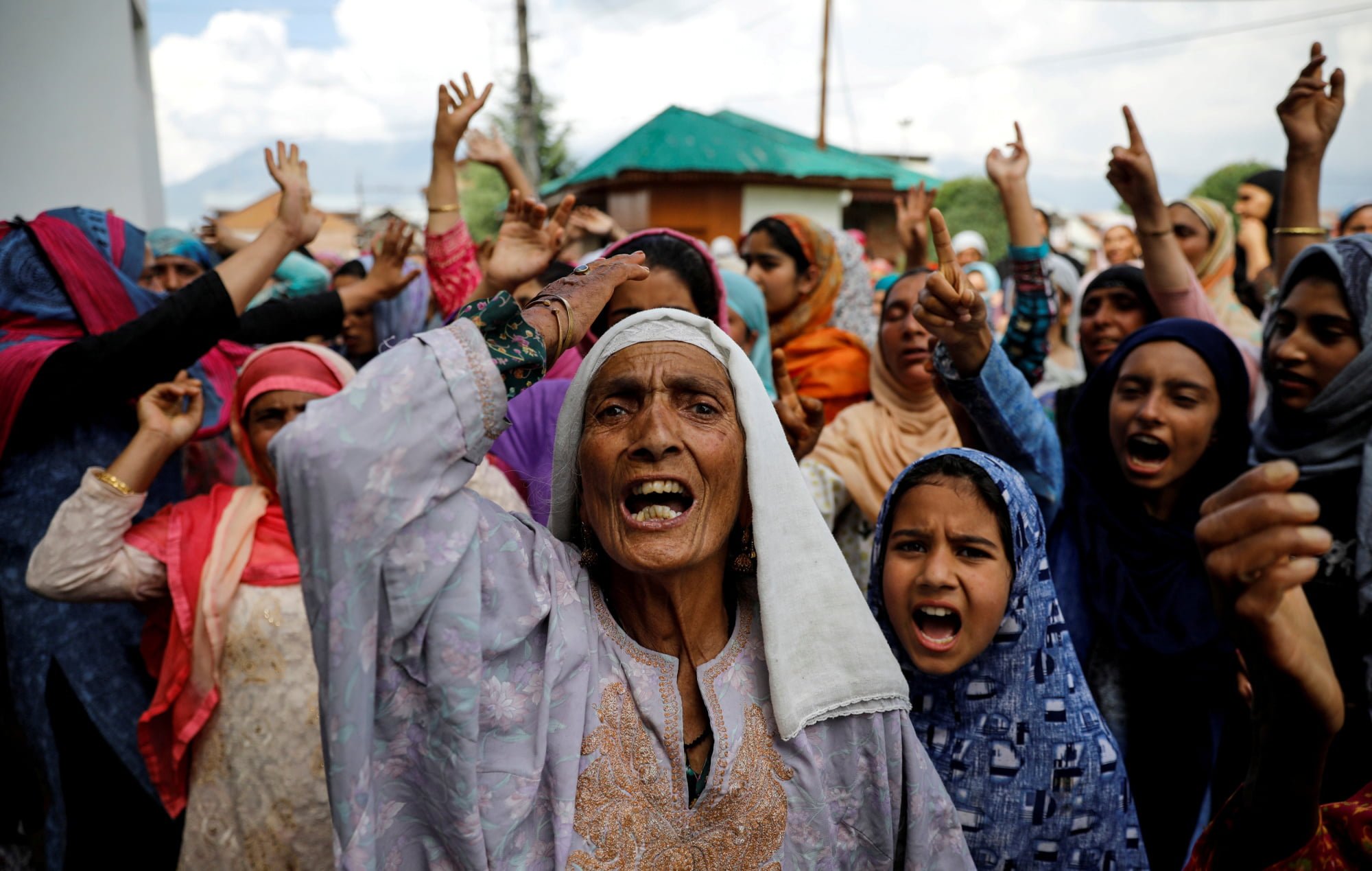
Two PhD holders, despite their advanced education, have turned to running a small cart-based business due to unemployment. After years of dedicated study and research, they found themselves struggling to secure positions in their fields, a situation that highlights the challenges of an oversaturated job market and the disconnect between academic qualifications and employment opportunities. Their story underscores the harsh realities faced by highly educated individuals who, despite their credentials, must adapt and find alternative means to sustain themselves in an uncertain job market.
According to the survey, in Jammu and Kashmir, development concerns are less prominent, with only 11% of respondents considering it the most important issue.
The upcoming elections in Jammu and Kashmir therefore can be instrumental in deciding the future of the region and the nation, at large.
